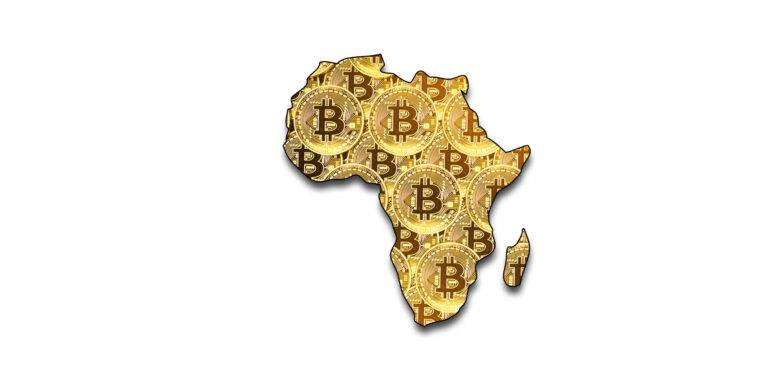For many Africans Bitcoin is seen a way to combat political instability and inflation as its decentralised governance model makes it immune to irresponsible monetary policies of many African governments.
Bitcoin a Way to Combat Hyperinflation
Several African countries like Zimbabwe, Kenya, and South Africa have already warmed up to blockchain technology. Bitcoin trading has grown remarkably over the past year. The reason why African countries embrace Bitcoin is that it offers a greater financial stability than the respective country’s economy.
According to statistics portal, in the top 20 countries with the highest inflation rate, 12 are African countries. The Nigerian currency, Naira lost more than 90% of its value when traded against USD. In contrast, Bitcoin grew by over 1800% by last year.
Moreover, the reason Africans are adopting cryptocurrencies is that it also opens the door to sell their products to a global market and receive payment in cryptocurrencies. Recently, Venezuela launched its own oil backed cryptocurrency “Petro” to overcome US sanctions.
Bitcoin Still A Safe Investment In Africa
Last year, even when Bitcoin was suffering from high transaction charges and network congestion, it was still safer and better choice than many African national currencies.
Elizabeth Rossiello, Bitpesa CEO, said:
“In places like this, honestly, the problems with Bitcoin right now are a tiny blip in its inefficiencies in comparison to what I’m already dealing with,”
Bitpesa is a Nairobi based payment platform, that facilitates financial services for businesses in Africa to easily send and receive cryptocurrency payments. Additionally, the banking infrastructure in the continent is poor and is not able to support tech startups, especially fintech ones.
Several countries on the African continent limit citizen transactions to several hundred dollars at a time. However, the censorship resistant nature of Bitcoin allows Africans to send and receive an unlimited amount of international payments.
Cryptocurrency mining operations have also seen some growth in Africa, yet it is not a stable for of income as the volatility in crypto-asset prices as well as the lack of stable electricity supply and price. For many Africans, Bitcoin opens a door to a global economy completely detached from the potentially damaging and unstable political and economic bubbles found in many Africa nations.









